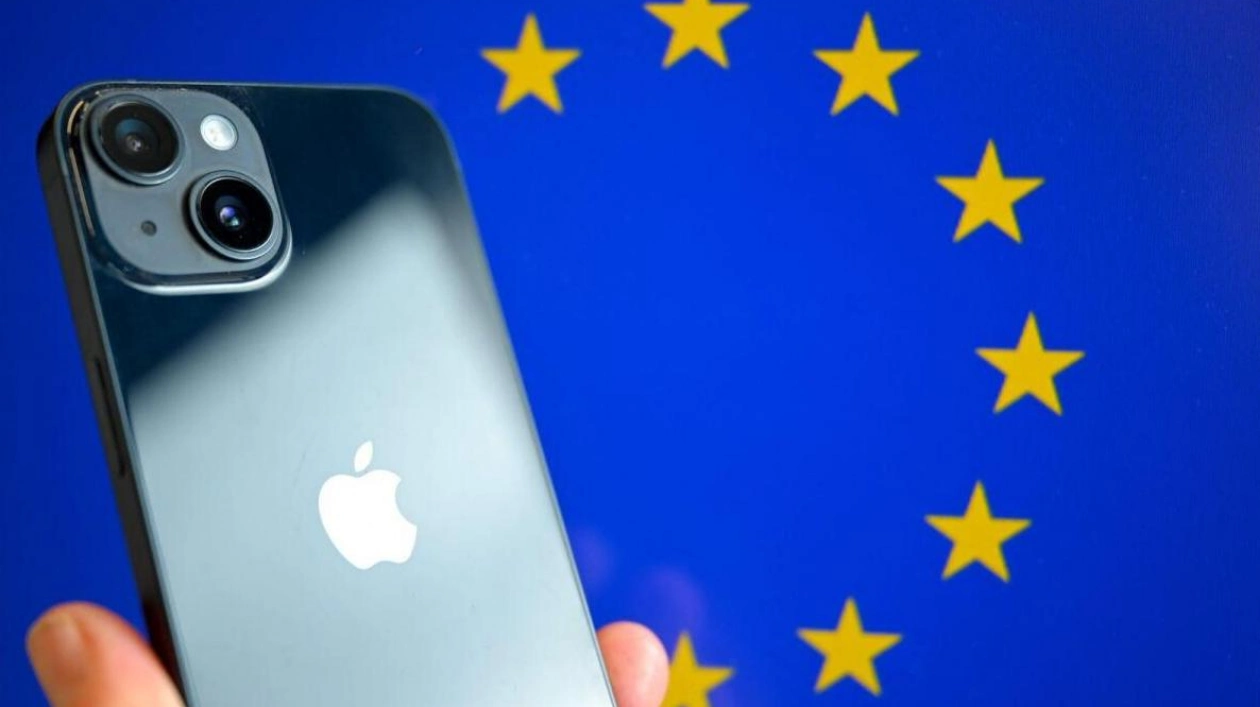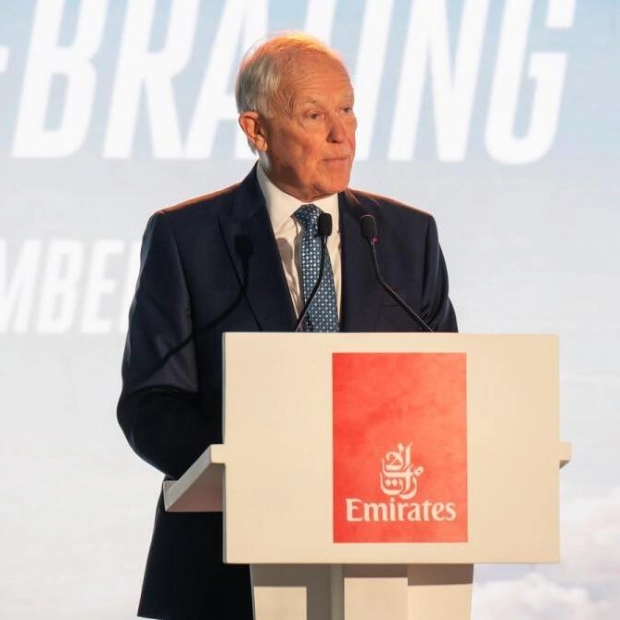Apple introduced new Watches and AirPods during an event on Monday, which primarily focused on its AI-enhanced iPhone 16. However, Apple's product showcase might be overshadowed by Chinese competitor Huawei's tri-fold phone, which was unofficially announced earlier in the day. Huawei's website revealed on Monday that it had received over 3 million pre-orders for its Z-shaped tri-fold phone, highlighting the company's resilience in the face of US sanctions and its strengthened position against Apple in China, where consumers are increasingly seeking AI features and are willing to pay for them. Apple's shares remained relatively stable in early afternoon trading.
The new Series 10 Watch, priced at $399, is thinner than its predecessor and features a screen up to 30% larger than previous models. Apple emphasized the Watch's capabilities in sports and health, including the detection of long-term conditions like sleep apnea and emergency responses such as falls. Additionally, Apple launched the Watch Ultra 2, starting at $799, and the new AirPods 4, which boast a redesigned fit for enhanced comfort and improved sound quality.
Globally, Apple fans eagerly await the new AI-integrated phones, as CEO Tim Cook hinted at during the event's opening. "We are excited to present the first iPhones designed from the ground up for Apple Intelligence and its groundbreaking capabilities," Cook stated. Ben Bajarin, CEO and principal analyst at Creative Strategies, noted, "The Chinese market is more eager for AI features than the U.S. market," adding that for Apple, "it will be challenging to bring these features to China immediately, so they'll rely on the hardware's merits."
Apple unveiled Apple Intelligence at its developer conference in June, showcasing its generative AI capabilities that can produce text, images, and other content on demand. However, these upgrades will take time to reach consumers. Apple Intelligence features are expected to launch in a software update for the iPhone and iPad operating system likely in October, with a full upgrade of Siri anticipated early next year, according to media reports. Apple Intelligence must receive approval from Beijing to be released in the Chinese market. In July, OpenAI blocked access to ChatGPT in China, which could impact its integration into Siri. Apple has not yet announced an AI partner for China.
IPhones accounted for over half of Apple's $383 billion in sales last year, making the new devices a crucial update for the Cupertino, California-based company. The AI feature is expected to drive consumer upgrades amid a slowdown in iPhone sales. In China, Apple aggressively reduced prices earlier this year in response to government restrictions and increased domestic competition. The iPhone 16 lineup will be the first Apple smartphones designed around these AI features, though they will also be available on the iPhone 15 Pro and Pro Max.
"The software side, and how Apple frames it, is the biggest question," Bajarin said. "Investors will look for if it's compelling enough to trigger a larger-than-normal upgrade cycle." Rivals like Alphabet's Google are also highlighting AI features to challenge Apple's dominance in the high-end smartphone market. Google, developer of the Android operating system, traditionally announces its Pixel smartphones in the autumn but moved its event to August this year ahead of Apple's announcement. Google emphasized AI features such as Gemini Live, which allows users to engage in live voice conversations with a digital assistant. Many of Google's AI features were also rolled out to Android-based devices made by manufacturers like Samsung and Motorola.
"The question is who will be the first to combine a truly personal AI assistant with accurate and personalized knowledge and information," said Bob O’Donnell, chief analyst for TECHnalysis Research. Apple has only provided a release timeline for Apple Intelligence in the United States, where it is set to launch on compatible devices in the autumn. In June, a week after its developer conference, Apple announced a delay in the European release due to EU tech rules. Apple's event at its Apple Park headquarters began at 10 a.m. PDT (1700 GMT), while Huawei is scheduled to officially announce its Mate XT phone on Tuesday in China.






